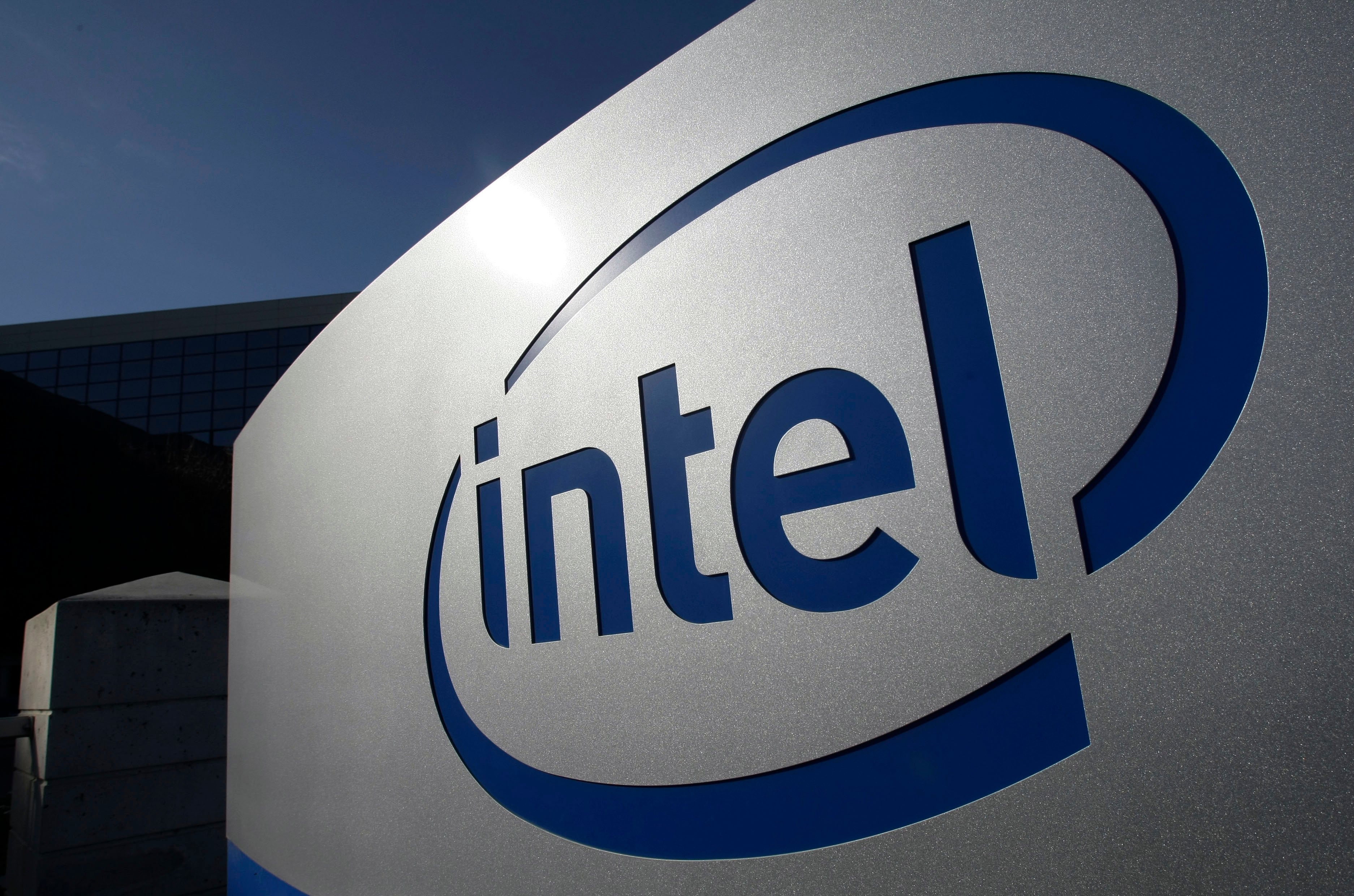Luggage company Away has high hopes for next year, expecting sales to triple in 2018. One thing driving that growth could be the new product line CEO Stephanie Korey told Cheddar is in the pipeline, though she didn’t specify exactly what’s to come. The founder also credits the company’s business-to-consumer model with propelling growth, as well as its ability to manage inventory, something that is often a hurdle for start-ups. “I’m probably one of the few CEOs out there whose entire background before becoming a CEO was in supply chain,” Korey told Cheddar. “We have created a very responsive, fast supply chain.” Founded in 2015, Away has already sold more than 250,000 suitcases and grown from 4 to 100 employees. The company has raised $31 million dollars in funding, and Korey says she’s not looking to raise more capital in the near future. Away’s decked out luggage features laundry bags, interior compartments, and a built-in USB charger. The tech features are something that have come into focus recently, after major airlines banned the use of smart luggage with non-removable lithium-ion batteries. The new rules don’t affect Away, though, because its batteries are removable. “We anticipated the potential for regulations to change around batteries,” Korey said. “From the start we built the battery removable, so there’s no impact to us with the new regulations.” The policies from Delta, Alaska, and American Airlines go into effect on January 15, 2018. For full interview [click here] (https://cheddar.com/videos/aways-big-year-and-plans-for-expansion).












